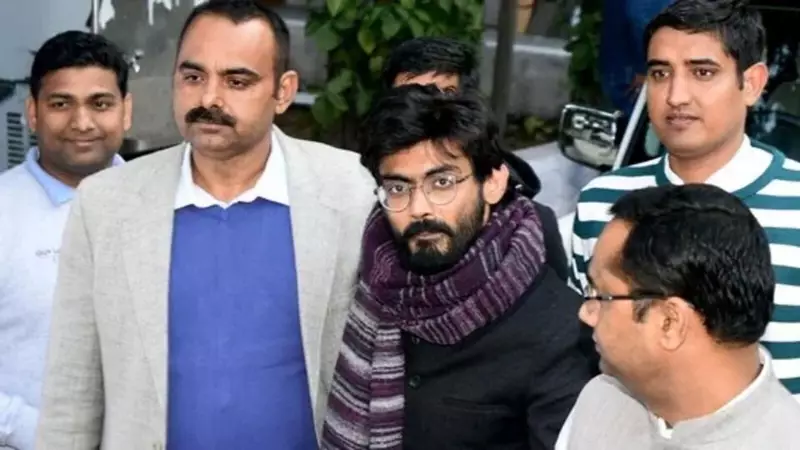
The Supreme Court of India delivered a sharp rebuke to the Delhi Police on Tuesday for the inordinate delay in hearing bail applications related to the high-profile 2020 Delhi riots cases. The court's stern remarks came during proceedings involving activist Umar Khalid and student leader Sharjeel Imam.
'Five Years Are Over Already': SC's Strong Message
Expressing deep concern over the protracted legal process, Justice JB Pardiwala emphasized the significant passage of time since the cases began. "Five years are over already," the bench noted, highlighting the urgent need for expedited proceedings in matters involving personal liberty.
Background of the Case
The legal battles stem from the February 2020 communal violence in Northeast Delhi that resulted in numerous casualties and widespread property damage. Both Khalid and Imam face serious charges under the Unlawful Activities (Prevention) Act (UAPA) for their alleged involvement in the riots.
Judicial Frustration Evident
The apex court's frustration was palpable as it questioned the Delhi Police's handling of the case timeline. The bench specifically addressed the concerning pattern of adjournments and procedural delays that have kept the accused in prolonged legal limbo without resolution of their bail petitions.
Key Concerns Raised by the Court
- The extraordinary five-year duration without bail hearings
- Impact on fundamental rights of the accused
- Need for efficient case management in UAPA matters
- Balancing national security concerns with individual liberties
The court has directed the Delhi Police to provide comprehensive explanations for the repeated delays and establish a concrete timeline for concluding the bail proceedings. This development marks a significant moment in the ongoing legal saga that has drawn national attention and sparked debates about judicial process timelines in anti-terror cases.
Legal experts suggest this strong judicial stance could set important precedents for how courts handle delays in politically sensitive cases involving stringent laws like UAPA. The matter is scheduled for further hearing next week, where the Delhi Police must present their response to the court's concerns.





